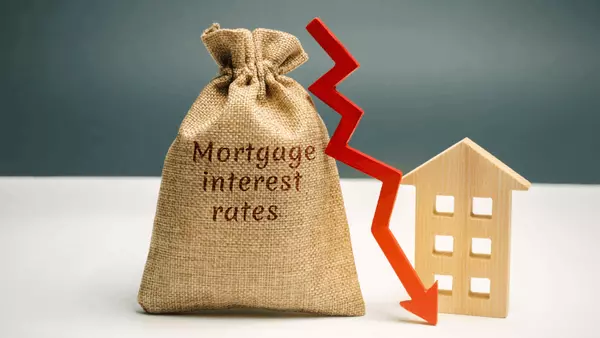Closing costs are the various fees and expenses that buyers and sellers pay when completing a real estate transaction. These costs typically include lender fees, third-party fees, and government charges. Here’s what you need to know about closing costs:
1. What Are Closing Costs?
Closing costs are the fees and expenses involved in finalizing a home purchase. They generally range between 2% and 5% of the loan amount and must be paid at closing—the final step in the homebuying process when ownership is transferred to the buyer.
2. Types of Closing Costs
Closing costs can include a wide range of fees, such as:
- Loan Origination Fees: Charged by the lender for processing your loan application.
- Appraisal Fees: Covers the cost of having the home professionally appraised to assess its value.
- Title Insurance: Protects both the buyer and the lender against legal disputes over the ownership of the property.
- Home Inspection Fees: Pays for an inspection to ensure the home is structurally sound.
- Property Taxes: Sometimes prepaid property taxes are included in the closing costs.
- Attorney Fees: In some states, attorneys are required to oversee real estate transactions, and their fees are part of closing costs.
- Prepaid Interest and Insurance: Lenders may require you to prepay some interest or set up an escrow account for property taxes and homeowner’s insurance.
3. Who Pays for Closing Costs?
Closing costs are typically shared between buyers and sellers, although the breakdown can vary by location and negotiation. For example:
- Buyers: Usually responsible for mortgage-related costs, home inspection, and title insurance.
- Sellers: Typically cover real estate agent commissions (which can be around 5%–6% of the sale price) and transfer taxes.
- Negotiation: Sometimes, buyers may negotiate with sellers to cover a portion of their closing costs.
4. How to Estimate and Reduce Closing Costs
- Get a Loan Estimate: Lenders are required to provide a Loan Estimate document within three days of your application, detailing all expected closing costs.
- Shop Around: Some fees, such as title services and home inspections, can be shopped around for the best price.
- Negotiate: You may be able to negotiate with your lender to reduce or waive certain fees, or with the seller to cover part of the costs.
5. Closing Disclosure
Before closing, buyers receive a Closing Disclosure—a detailed, final breakdown of all costs associated with the purchase. This should closely match the original Loan Estimate, though there may be minor differences due to last-minute adjustments.
6. Can Closing Costs Be Rolled Into the Loan?
In some cases, buyers can roll closing costs into their mortgage loan. This means they won’t have to pay upfront, but it will increase the total loan amount, leading to higher monthly payments and interest over time.
7. First-Time Homebuyer Assistance
Some programs are available to help first-time homebuyers with closing costs, such as government-backed loans (FHA, VA, USDA) that often have lower costs or provide grants for buyers.
Understanding these details can help you prepare for and manage the costs of closing on a home. It's essential to plan for these expenses early in the homebuying process to avoid surprises.












